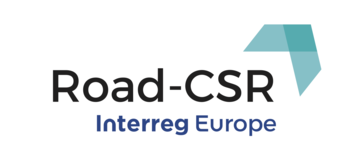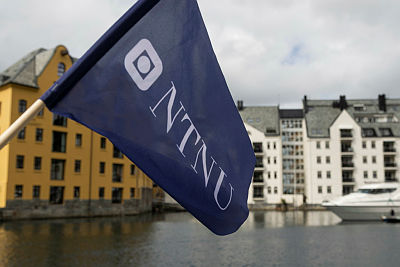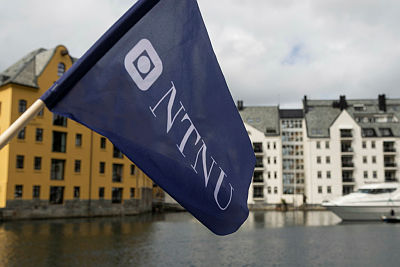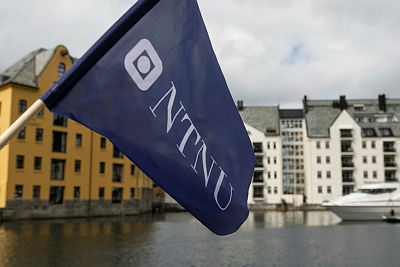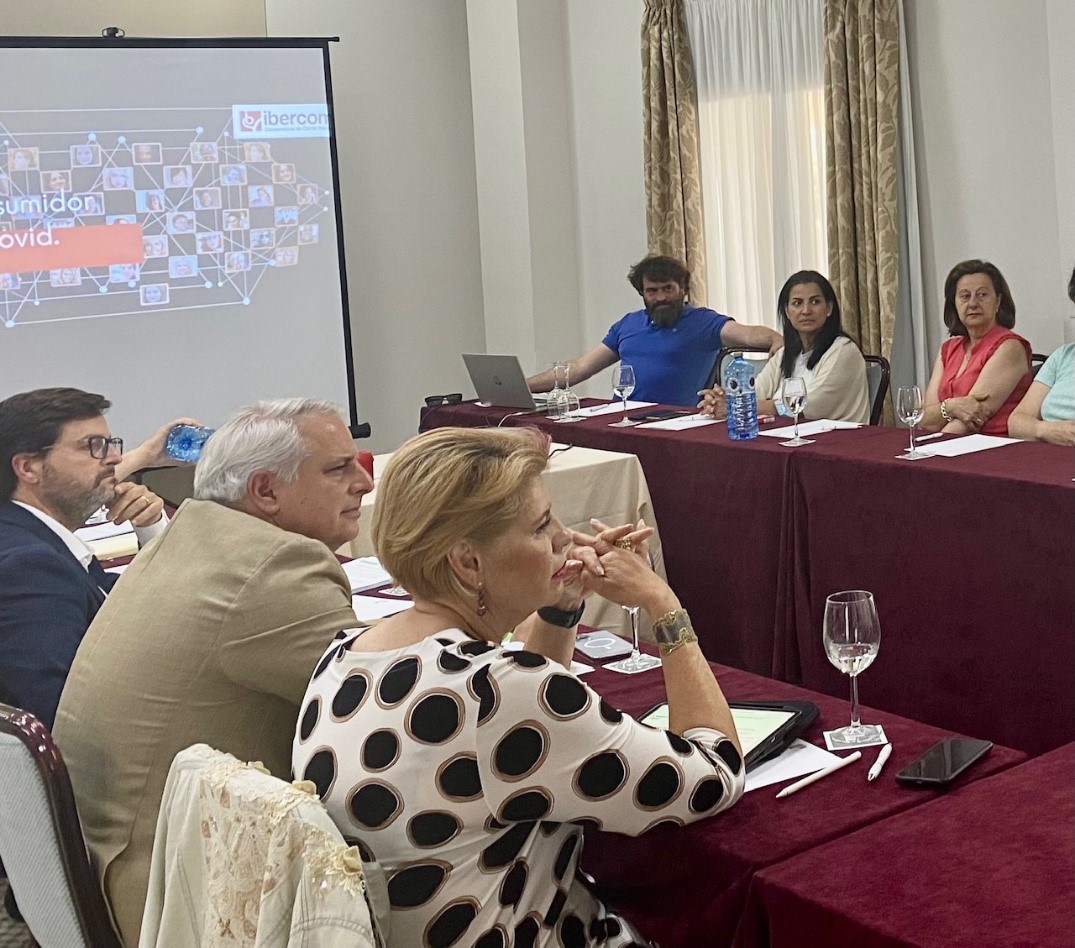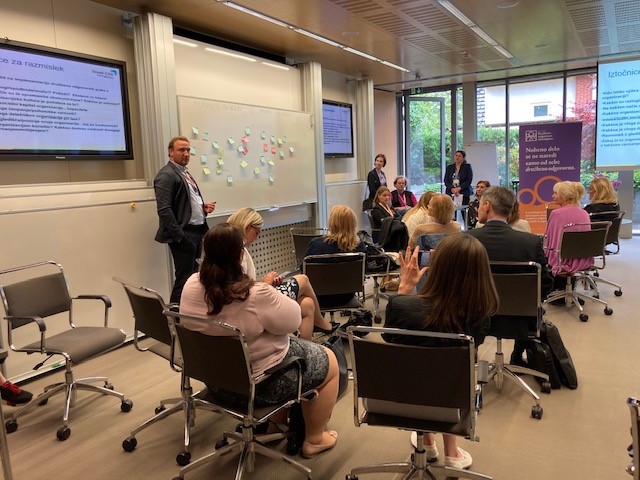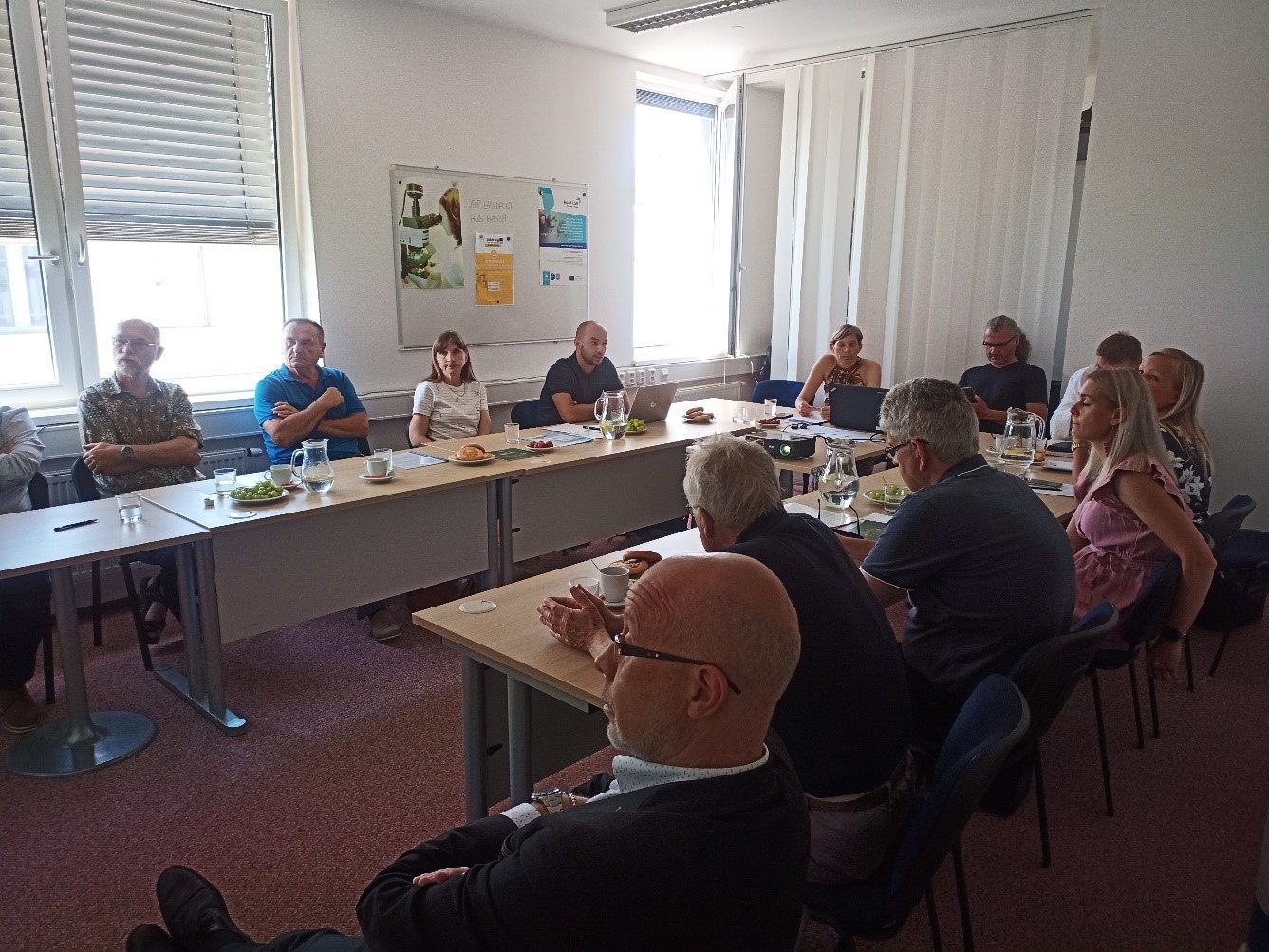The project Road-CSR set sail and continues its activities for one more year since it has been approved under the 5th call of proposals for additional activities linked to COVID-19.
The Covid-19 pandemic represents one of the most significant changes in the modern marketing history, which could potentially have a profound impact on corporate social responsibility (CSR), consumer ethics, and basic marketing philosophy. The current situation derived from the pandemic, in general terms, has made it clear that many companies’ behaviours have been exemplary, namely adapting their corporate social responsibility (CSR) policies and actions to current health, economic, and social needs. Therefore, the crisis resulting from the pandemic has caused a change in the way that companies pursue their economic, social, and environmental objectives, giving greater importance to the role they must play in society as well.
In this new scenario, firms need to adopt their CSR strategies in order to establish a business commitment to society and vulnerable groups, especially those closest to them, which is the local environment associated with the country of origin of the firms or territories in which companies operate and have a greater presence. The equilibrium of profit and common good will be the more adequate strategy in order to survival in the long term.
This is where the Road-CSR project comes with its continuation. Within the project we would exchange ideas on how the pandemic has influence the field of CSR and marketing philosophy and how the companies have been affected by this. We will identify the CSR actions that have been developed by companies in the face of the pandemic and the objective pursued with them in order to determine the benefits that firms want to obtain and fight the pandemic negative impacts. We will discuss the impact on CSR opportunities and trends, and consumer ethics. In terms of marketing, we will focus on the potential implications on the core marketing concepts, the context of marketing, and marketing strategy. It is also worth exploring what kinds of new CSR initiatives emerge during this pandemic, compared to traditional CSR practice.
Another interesting perspective that Road-CSR project will investigate is how companies’ engagement in various CSR initiatives can alleviate or exacerbate the negative effect of COVID-19 on firm performance during the pandemic, thus examining the moderating effect of CSR on the relationship between COVID-19 and firm performance. This can also extend to a setting with multiple dimensions of CSR. A possible rationale for this approach may be based on the role of CSR as an insurance-like protection which can provide some flexibility to a firm during the current pandemic. Closely related to this, we can consider as well how a firm’s CSR strategy can accelerate its recovery during and after the pandemic, and further, how a mismanaged or poorly developed CSR strategy can hurt the company during the same periods.
What has happened so far is that governments all over the world have established economic aid packages to ease the imminent pressure particularly to those most vulnerable that is the small medium enterprises (SMEs). However, the long-term impacts on companies and societies have not yet come. The measures by the governments should encourage firms as well to maintain ethical business practices and fulfil their CSR commitment to their various stakeholders. They should be in line with government initiatives so that the impact can be more widespread and sustainable. It is important the government to provide motivations to private sector in order to develop corporate social responsibility policies (CSR). Also, transparency and public accountability both for the governmental and the private sector CSR programs is necessary. Especially in times of crisis, government should conduct needs assessment initiatives in order to collect empirically grounded data and based on that, give periodical directions to stake holders about the real social needs of CSR, where it can be developed, how it should complement state's actions and policies, thus setting up some crucial aims and directives. That means practically the introduction of a general plan with which private and public sector and social partners as well will be able to flexibly cooperate and offer positive outcomes to the society.
What we want with the Road-CSR project is to take all this into account and make the national policies to think of CSR as “COVID-19 Social Responsibility”. To make our current and future operational programmes more adaptive to the new situation where CSR can play a crucial role in alleviating the negative consequences of the pandemic in the companies and the society.
